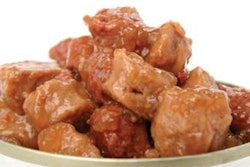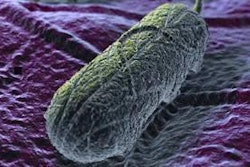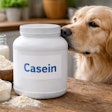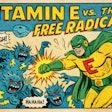The study was conducted on client-owned, moderately arthritic dogs to evaluate therapeutic efficacy of type-II collagen (UC-II) alone or in combination with glucosamine hydrochloride (GLU) and chondroitin sulphate (CHO), and to determine their tolerability and safety. Dogs were treated daily for 150 days with placebo (Group I), 10 mg active UC-II (Group II), 2,000 mg GLU + 1,600 mg CHO (Group III) or UC-II + GLU + CHO (Group IV).
The dogs were observed monthly for pain (overall, pain on limb manipulation and after physical exertion) using different numeric scales. Pain level was also measured using piezoelectric sensor-based GFP for peak vertical force and impulse area. Significant reduction in pain was observed in Group II, III and IV dogs. Using GFP, significant increases in peak vertical force and impulse area, indicative of a decrease in arthritis-associated pain, were noted in Group II dogs only. None of the groups showed changes in physical, hepatic or renal functions.
Based on GFP data, moderately arthritic dogs treated with UC-II showed a marked reduction in arthritic pain with maximum improvement by day 150. UC-II, GLU and CHO operated through different mechanisms of action and were well tolerated.
Source : R.C. Gupta et al., 2011. Comparative therapeutic efficacy and safety of type-II collagen (UC-II), glucosamine and chondroitin in arthritic dogs: pain evaluation by ground force plate. JAPAN online May 2011. doi: 10.1111/j.1439-0396.2011.01166.x
















